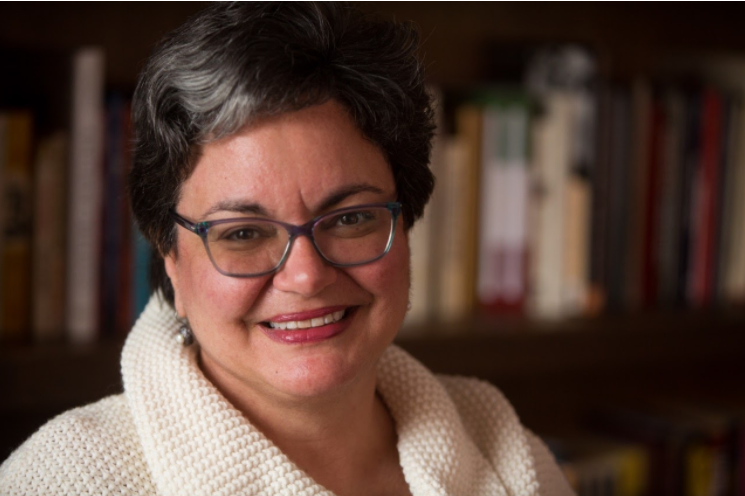UMKC held its sixth and final panel in the “Critical Conversations” series last Wednesday. The Roos Advocate for Community Change Committee created the series, designed to address systemic racism, following the death of George Floyd in May. While most of the previous panels had primarily discussed issues within the policing system, this event focused on the dialogue between women of color and white women in higher education. The virtual panel consisted of both UMKC faculty and guests from universities as far away as Texas.
The event began with strong opening remarks from Kimiko Gilmore, chief of staff in the chancellor’s office. “Racism is a construct that is embedded in the fabric of our culture,” Gilmore said.
As the lecture highlighted the complex interactions between women in the academic profession, there was significant discussion about how the speakers thought racism was present in a variety of guises.
Speakers discussed a host of topics, including horizontal oppression and structures of power. The speakers also touched on the use of emotional descriptors as methods of discounting womens’ voices. Karen Dace, Vice Chancellor of Diversity, Equity and Inclusion at Indiana University-Purdue University Indianapolis, noted how former First Lady Michelle Obama was referred to as “angry” during the 2008 election.
Jennifer Laflam, professor and director of the Center for Teaching and Learning at American River College in California, mentioned how damaging stereotypes, such as the “angry Black woman,” can be in general. She also spoke about how allies need to be aware of the basis for their actions in making racial strides.
“White women need to know why they’re doing it,” Laflam said.
Shani Barrax Moore, director of Diversity and Inclusion at the University of North Texas, mentioned that systemic change in this arena could be aided by what she termed the four P’s: policies, programs, practices and people. Moore also emphasized why people can often be ignorant about racism.
“Denial ain’t just a river in Egypt,” Moore said.
Professor Clara Irazabal-Zurita, who also serves as the chair of the Latinx and Latin American Studies program at UMKC, spoke on how there’s not only willful ignorance, but also unintentional ignorance as well.
“These conditions are rarely noticed and addressed by those holding white privilege but they do real damage to women of color and their careers,” Irazabal-Zurita said.
cmme56@mail.umkc.edu
Correction: An earlier version of this article incorrectly stated that Professor Irazabal-Zurita was a panelist. She was in fact a question-and-answer participant.








